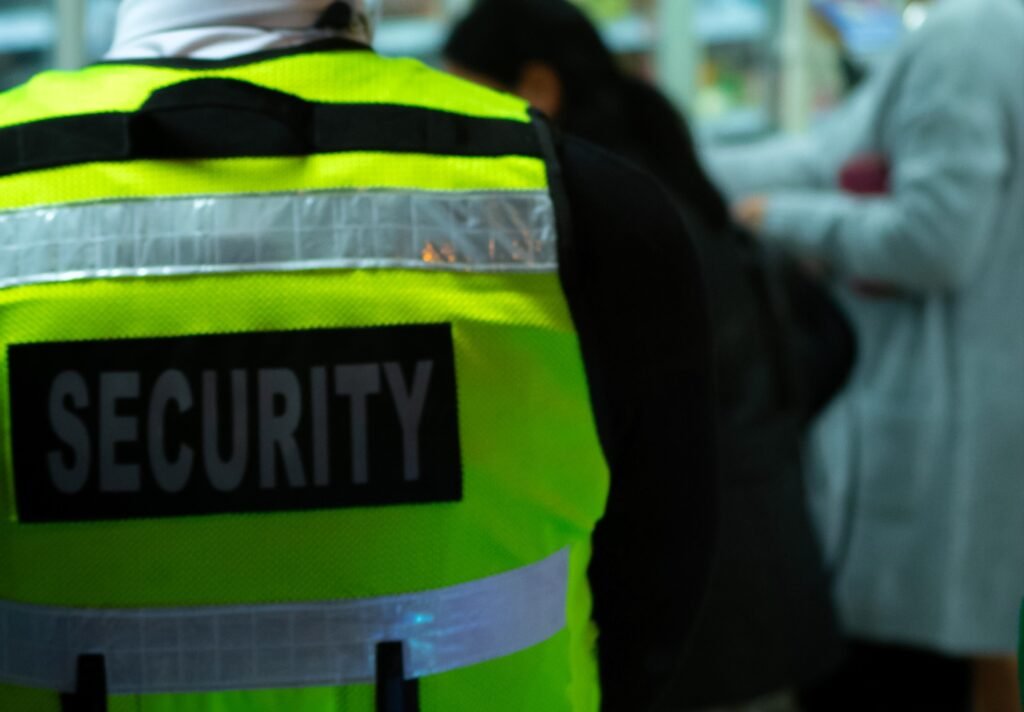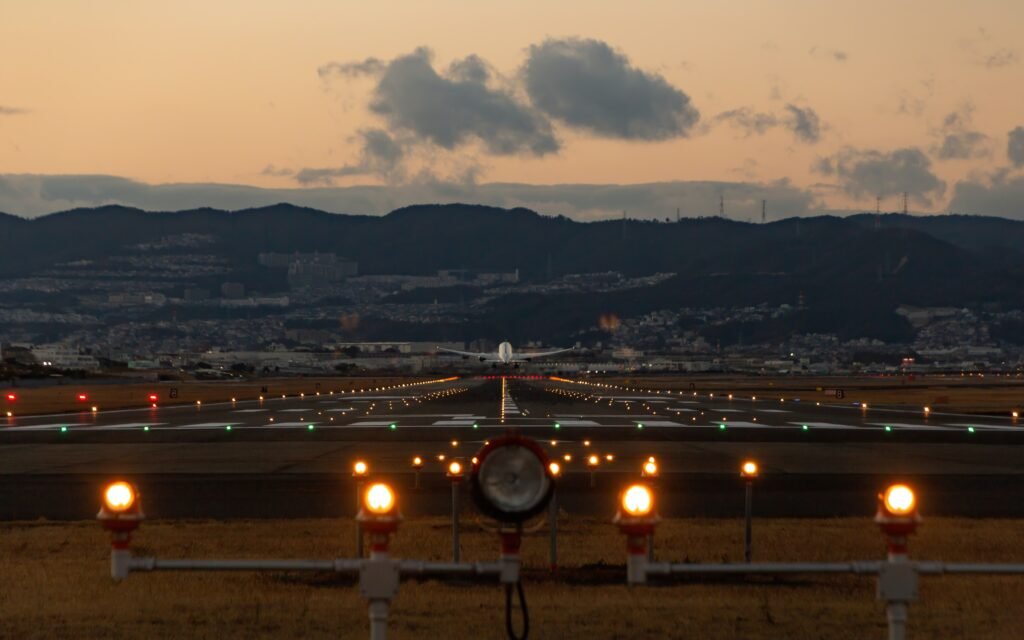Mumbai: The civil aviation ministry said flight restrictions have been imposed at the Mumbai airport to ease congestion, caused by various factors, including non-scheduled flight operations during peak hours.
The airport is operated by the Mumbai International Airport Ltd (MIAL).
In a detailed statement issued late on Tuesday, the ministry said the airport operator should have proactively taken steps to streamline and regulate the air traffic movements to address the congestion issue.
However, since no such action was initiated by the airport operator, the ministry said it has had to step in.

While Mumbai airport is running at its full capacity, the ministry said it was found that the persistent congestion was caused due to “excessive slot distribution with limited time margins on behalf of the airport operator”, non-adherence of the slots on behalf of the airlines and non-scheduled operations during peak hours.
On January 2, the Airport Authority of India (AAI), being the air navigation service provider, issued directives to the airport operator to restrict air traffic movements during the HIRO (High-Intensity Runway Operations) period from 46 to 44 per hour.
In the non-HIRO period, the air traffic movements were restricted to 42 from 44.
HIRO periods are from 0800- 1100 hours, 1700-2000 hours and 2115-2315 hours.

“General aviation aircraft operations during the HIRO period have also been restricted. It is expected that MIAL should take immediate action to ensure that all airlines are on board with the prescribed restrictions,” the statement said.
The ministry noted that the action has been taken in larger public interest from the perspective of airspace safety, efficiency of operations and passenger satisfaction.
According to the statement, Mumbai Airport suffers from congestion and excess capacity on its runways, which inadvertently leads to air space congestion, whereby flights are forced to hover over the city for a long duration of around 40-60 minutes.
“Considering that an aircraft on an average consumes 2,000 kg of fuel per hour, such long duration circling time, causes significant wastage of fuel for the aircraft ranging from 1.7 kilolitres of jet fuel (approximately costing around Rs 1.8 lakh) for 40 minutes circling time in air to around 2.5 kilolitres of jet fuel (approximately costing around Rs 2.6 lakh) for 60 minute circling time.

“It is to be understood that such an increase in fuel cost would eventually be borne by the consumers. This also has a cascading effect on the efficiency of airport operations leading to a longer wait time, inordinate delays, affecting both passengers and airlines adversely,” the statement said.
Further, the statement said the government realises that it needs to step in to strike a balance between the needs of both the airport operators and airlines while ensuring that passengers have a fulfilling experience while flying from Mumbai airport.
Earlier in the day, Akasa Air said it would be cancelling four flights daily between Mumbai and Bengaluru, following government guidelines issued to reduce congestion at the Mumbai airport.
PTI
